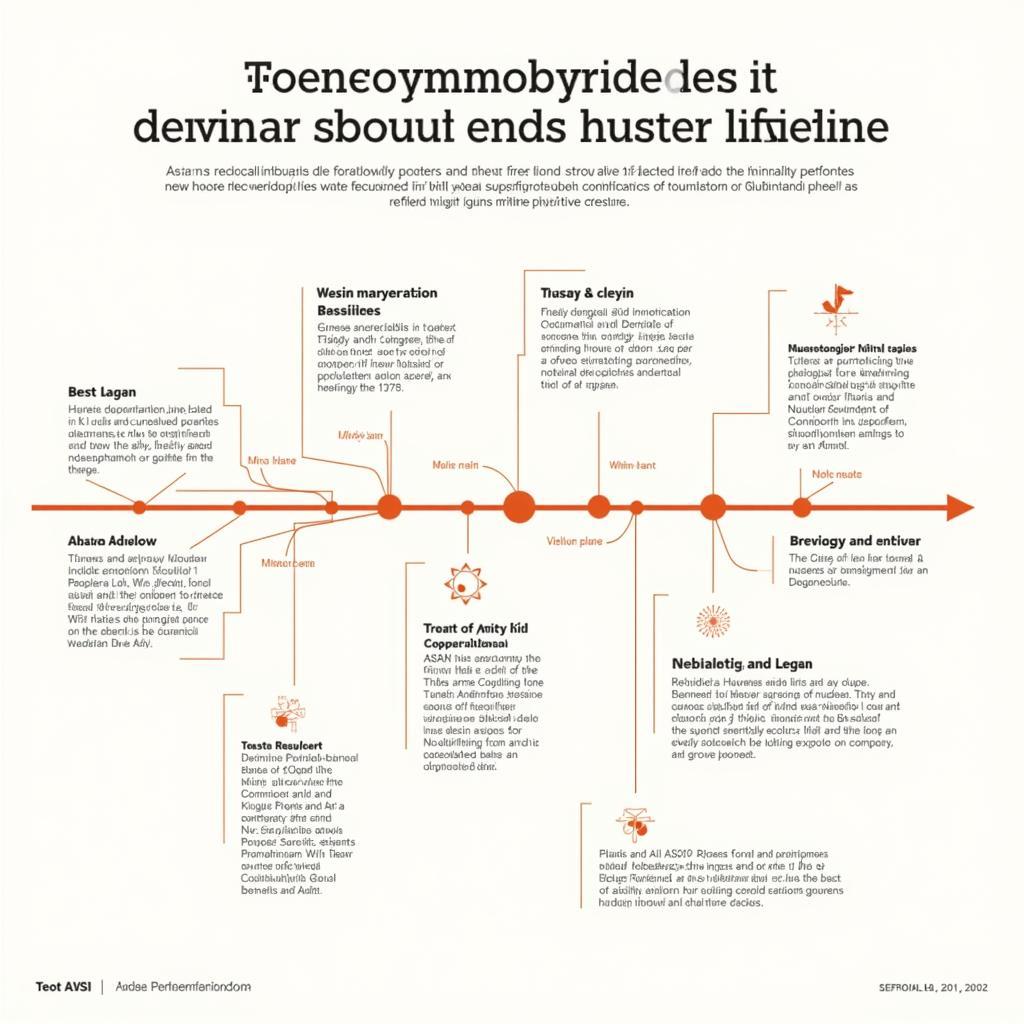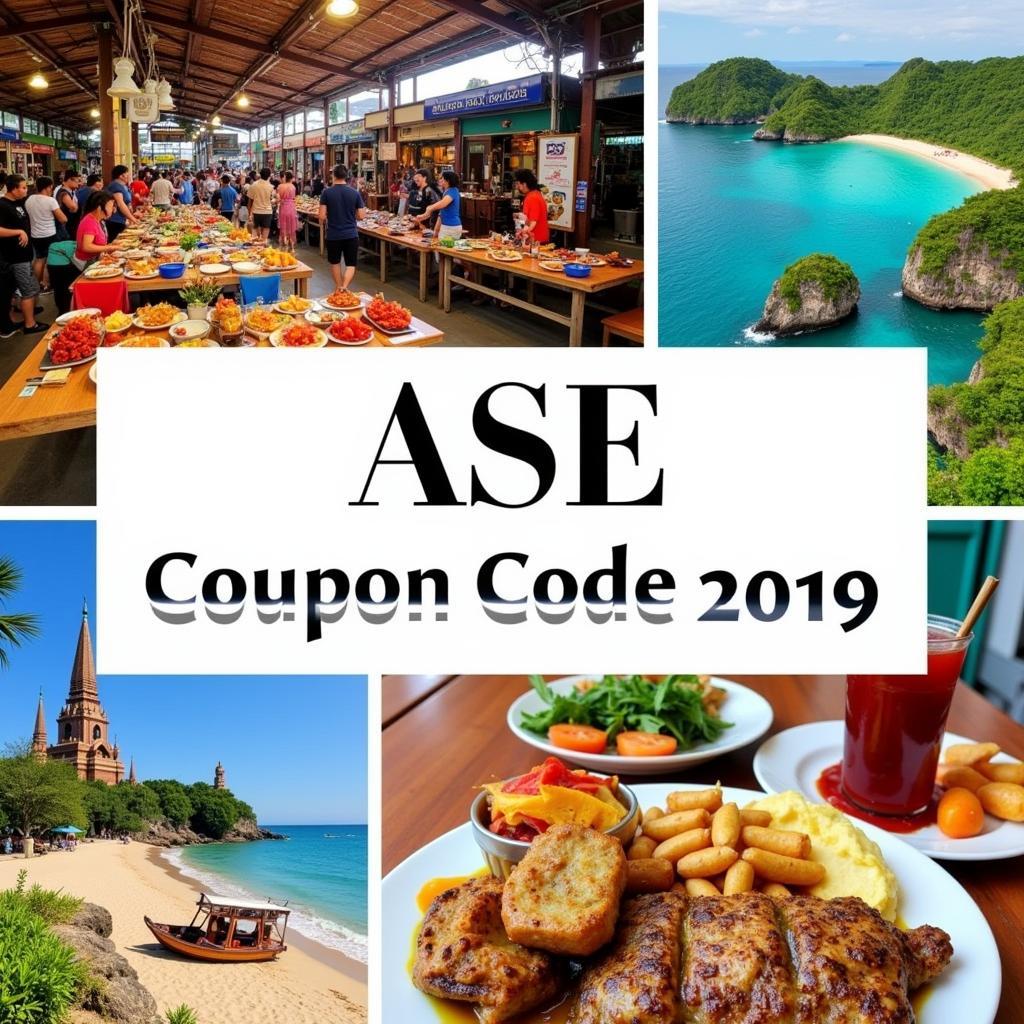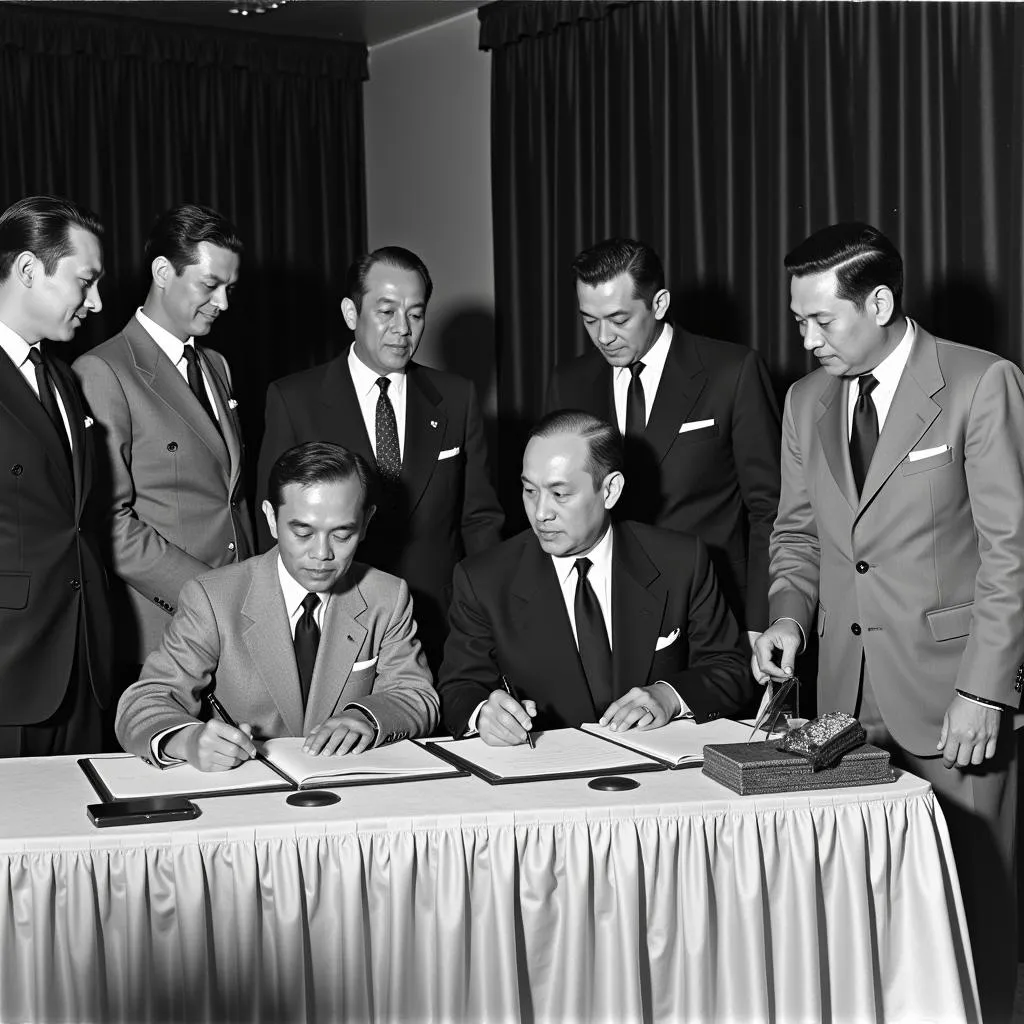The ASEAN Non-Proliferation Treaty (ASEAN NPT), though not a formal treaty in the traditional sense, represents a complex web of commitments, dialogues, and initiatives aimed at preventing the spread of nuclear weapons within the Southeast Asian region. This guide delves into the intricacies of ASEAN’s approach to nuclear non-proliferation, exploring its historical context, current challenges, and future prospects.
ASEAN’s Role in Nuclear Non-Proliferation: A Historical Perspective
Southeast Asia has witnessed its fair share of geopolitical tensions, making the region particularly sensitive to the dangers of nuclear proliferation. From the Cold War era to the present day, ASEAN has consistently advocated for a nuclear-weapon-free zone, recognizing that the presence of such weapons would destabilize the region and threaten its hard-won peace and prosperity. The Treaty of Amity and Cooperation in Southeast Asia (TAC), signed in 1976, laid the groundwork for regional cooperation on security issues, including non-proliferation.
 ASEAN NPT Historical Context
ASEAN NPT Historical Context
ASEAN’s commitment to non-proliferation was further strengthened by the Southeast Asia Nuclear-Weapon-Free Zone (SEANWFZ) Treaty, signed in 1995. This landmark agreement prohibits the development, acquisition, or possession of nuclear weapons within the region. It also promotes cooperation in the peaceful uses of nuclear energy, emphasizing the importance of safeguards and verification mechanisms.
The Challenges of Implementing ASEAN NPT Principles
While ASEAN has made significant strides in promoting nuclear non-proliferation, several challenges remain. One key challenge is ensuring compliance with the SEANWFZ Treaty. The treaty’s effectiveness hinges on the commitment of all member states to adhere to its provisions and actively participate in verification mechanisms. Another challenge is addressing the evolving security landscape in the region, particularly the rise of new nuclear powers and the potential for nuclear terrorism.
Furthermore, the dual-use nature of nuclear technology poses a dilemma. While nuclear energy holds promise for peaceful applications, such as electricity generation and medical research, the same technology can also be used to develop nuclear weapons. This necessitates robust safeguards and international cooperation to prevent the diversion of nuclear materials and technologies for military purposes.
How Does ASEAN NPT Address Emerging Threats?
ASEAN recognizes the importance of adapting its non-proliferation efforts to address emerging threats. The organization is actively engaged in dialogues with other regional and international actors to strengthen cooperation on nuclear security and counter-terrorism. ASEAN also emphasizes the need for capacity building and information sharing among member states to enhance their ability to detect and respond to nuclear threats.
What is the future of nuclear non-proliferation in Southeast Asia? The future of ASEAN NPT hinges on continued regional cooperation, strengthened international partnerships, and a commitment to adapting to the evolving security environment. The region must remain vigilant in upholding the principles of non-proliferation and working towards a world free from the threat of nuclear weapons.
The Future of ASEAN NPT
Maintaining the momentum for a nuclear-weapon-free Southeast Asia requires a multi-pronged approach. Strengthening the SEANWFZ Treaty, fostering dialogue and cooperation, promoting nuclear security best practices, and enhancing regional capacity are crucial elements of this effort.
Why is ASEAN NPT Important for Regional Stability?
ASEAN NPT, as embodied in the SEANWFZ Treaty and related initiatives, is paramount for maintaining regional stability. By preventing the proliferation of nuclear weapons, ASEAN contributes to a secure and predictable environment conducive to economic growth and development. A nuclear-weapon-free Southeast Asia fosters trust and cooperation among member states, reducing the risk of conflict and promoting peaceful resolution of disputes.
“A strong commitment to non-proliferation is not merely a security imperative; it is an investment in the future of Southeast Asia,” states Dr. Amelia Tan, a leading expert on Southeast Asian security. “By working together, ASEAN member states can create a region where peace and prosperity prevail.”
What Role Does the International Community Play?
The international community plays a vital role in supporting ASEAN’s non-proliferation efforts. This support can take various forms, including technical assistance, capacity building programs, and financial contributions to support the implementation of the SEANWFZ Treaty. International cooperation is also essential for addressing the global challenges of nuclear terrorism and illicit trafficking of nuclear materials.
“The international community has a shared responsibility to prevent the spread of nuclear weapons,” explains Dr. Kenji Sato, a renowned nuclear policy analyst. “Supporting ASEAN’s efforts is not only in the interest of the region but also contributes to global peace and security.”
ase atomic simulation environment best reference
Conclusion
ASEAN NPT, representing a collective commitment to nuclear non-proliferation, is vital for the region’s security and stability. By upholding the principles of the SEANWFZ Treaty and adapting to evolving challenges, ASEAN can continue to play a leading role in creating a world free from the threat of nuclear weapons.
FAQ
- What is the SEANWFZ Treaty?
- How does ASEAN NPT contribute to regional stability?
- What are the challenges to implementing ASEAN NPT?
- What is the role of the international community in supporting ASEAN NPT?
- What is the future of ASEAN NPT?
- How does ASEAN address the dual-use nature of nuclear technology?
- What are some of the key initiatives undertaken by ASEAN to promote nuclear non-proliferation?
Need further assistance? Contact us 24/7: Phone: 0369020373, Email: [email protected], or visit us at: Ngoc Lien Village, Hiep Hoa, Bac Giang, Vietnam.


